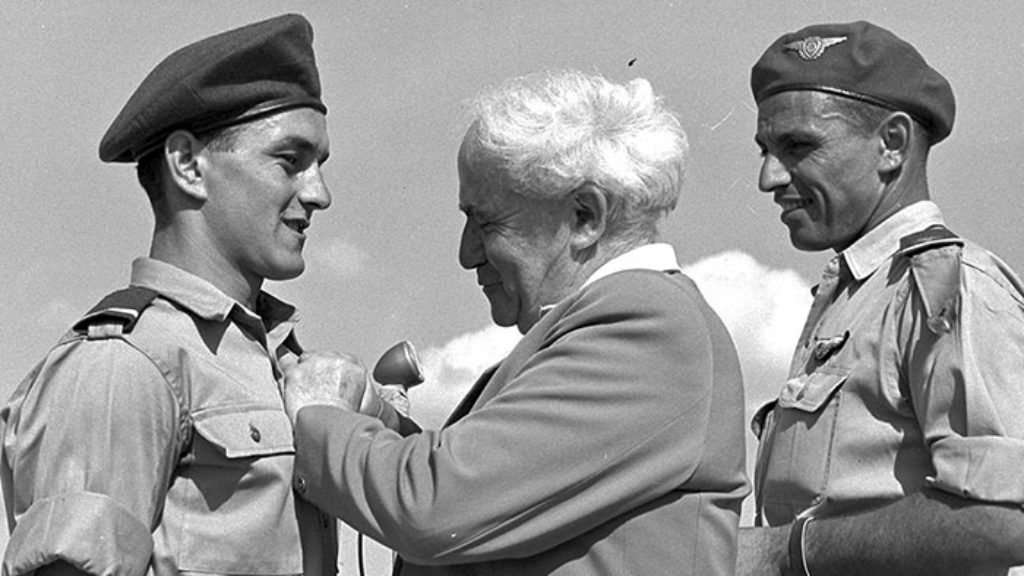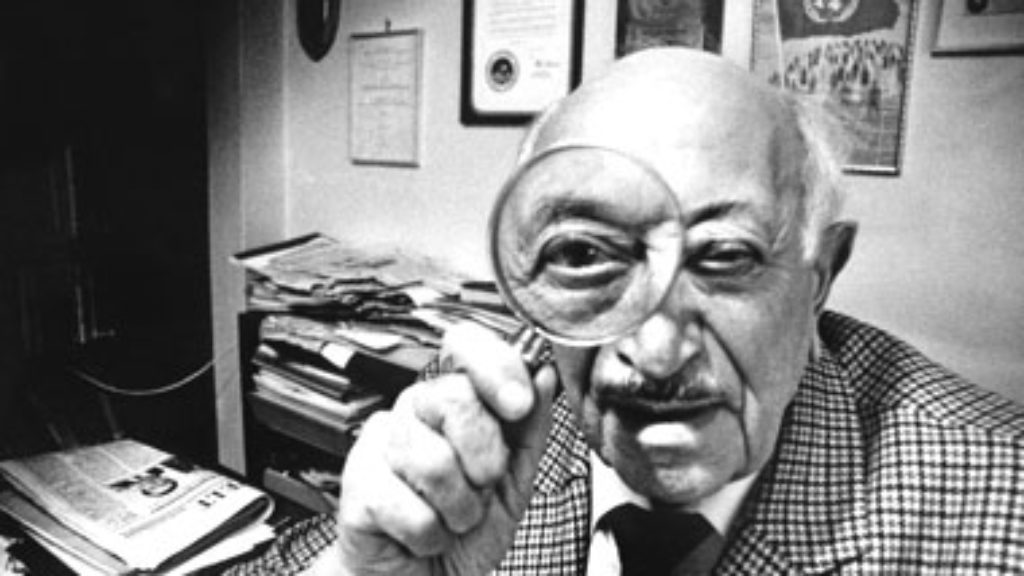High Holiday Companion
TABLE OF CONTENTS
by Rabbi Simcha Zissel Ziv and Geoffrey Claussen
In the 1860s, Rabbi Simcha Zissel Ziv tried to found a new kind of yeshiva in which students would devote significant time to thinking about their moral lives.
by Allan Nadler
Old World Ashkenazi cantorial art—khazones—is making a comeback, with a surprising little boost from a Leonard Cohen single (yes, that Leonard Cohen).
In this season of repentance, it is not only the laws of the rabbis, but their stories as well, that teach us how—and how not—to forgive.
And should we add a confession on Yom Kippur “for the sin of opening browser windows of distraction”? On Aristotle’s akrasia and Maimonides’s teshuvah.
by Noah Millman
How Shakespeare helps us think about the akedah, and vice versa.
by Shari Saiman
The reimagining of an ancient architectural ritual.
by Jacob ben Isaac Ashkenazi & Morris M. Faierstein
There was once a custom for a pregnant woman to bite off the tip of the etrog at the end of Sukkot. This excerpt includes the text of a Yiddish prayer, or tkhine, that the pregnant woman is instructed to recite based on an interpretation of Genesis 3:6.
The tradition to stay up all night studying on Shavuot is far more well known than the tradition to do so on Hoshana Rabbah. Neither would have been possible without Kabbalah and caffeine.
by Adam Kirsch
The scroll, which was originally a secular technology, became closely associated with Judaism at a time when Christians were adopting the codex for their holy books.
The Torah reading cycle provides the structure not just for the Jewish year but also for countless volumes of commentary on the biblical text.
Suggested Reading

Strategic Imperatives
In his new book, Charles Freilich examines the question of how future governments ought to cope with Israel's fundamental defense predicaments.

Simon Wiesenthal and the Ethics of History
Was Simon Wiesenthal an intrepid hunter of mass murderers? Or was he in fact more of a charlatan than a hero? Tom Segev's new biography of the most successful—and controversial—Nazi-hunter raises more questions than it cares to answer.
Category Error: A Response & Rejoinder
Yoram Hazony responds to Jon D. Levenson's critique of his book. Levenson replies.

Waiting for Passover—and Revolution—in Venezuela
For the 6,000 Jews left in Venezuela, life is precarious. "...All three of us have been kidnapped," a chillingly relaxed young man at Hebraica Jewish Community Center tells me.